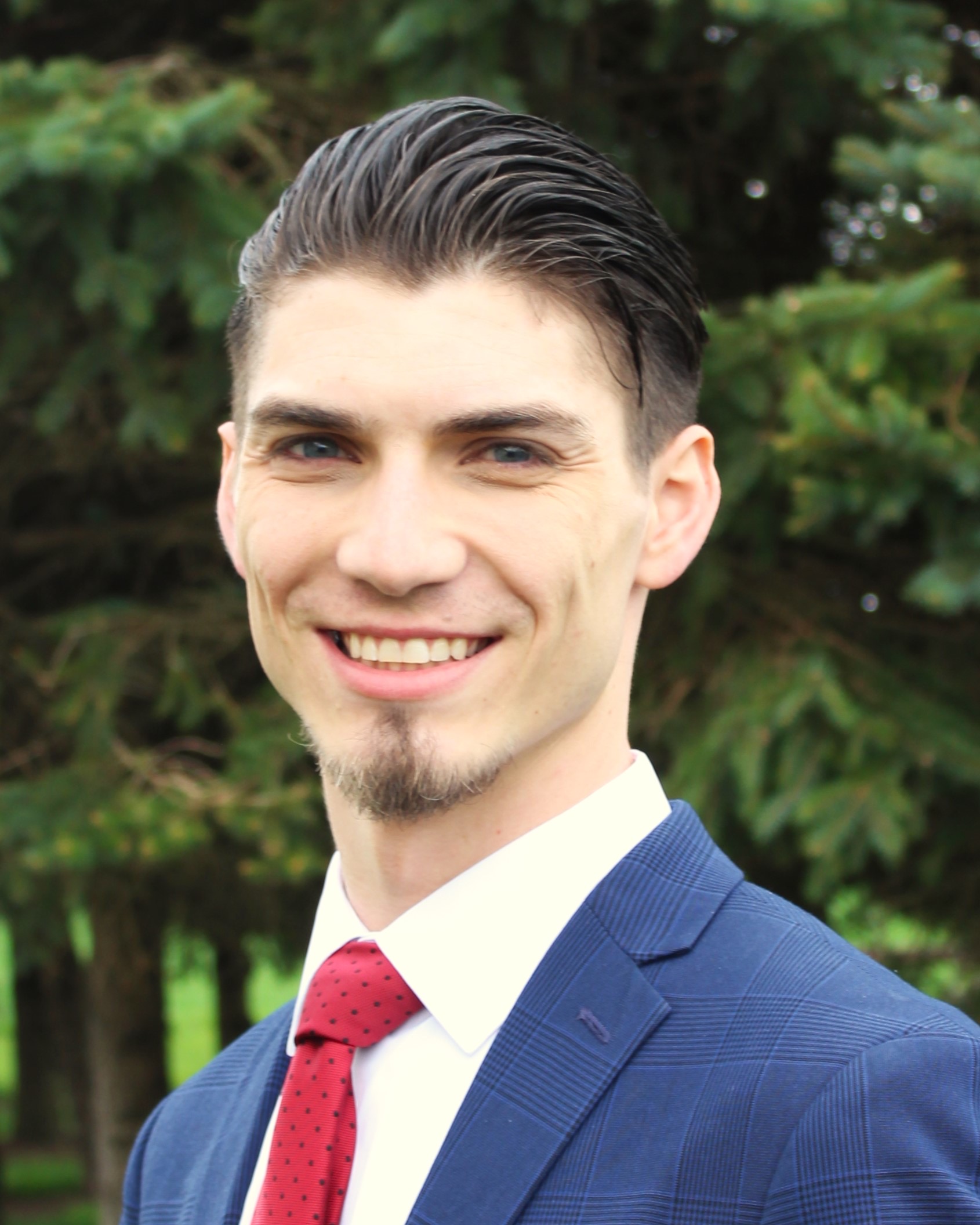Against Radical Traditionalism: "Pieni L'Animo" (1906) - Pope St. Pius X
- Andrew Mioni

- Apr 30, 2025
- 3 min read
Full encyclical text here: https://www.vatican.va/content/pius-x/en/encyclicals/documents/hf_p-x_enc_28071906_pieni-l-animo.html
The cause which now moves Us to raise Our voice is of very serious importance. It demands all the attention of your mind and all the energy of your pastoral office to counteract the disorder which has already produced the most destructive effects. If this disorder is not radically removed with a firm hand, even more fatal consequences will be felt in the coming years. In fact, Venerable Brethren, We have letters, full of sadness and tears, from several of you, in which you deplore the spirit of insubordination and independence displayed here and there among the clergy. [...] This unfortunate spirit is doing the damage especially among young priests, spreading among them new and reprehensible theories concerning the very nature of obedience.
We therefore consider it Our duty, Venerable Brethren, to appeal to your conscience to see that you do not spare any effort and with a firm hand and constant resolve you do not hesitate to destroy this evil seed which carries with it such destructive consequences.
Therefore, let the Bishops call young men to sacred orders, not according to the desires or pretexts of the aspirants, but, as the Council of Trent prescribes, according to the needs of the dioceses. In this task they can select only those who are really suitable and dismiss those who have inclinations contrary to the priestly vocation. The most dangerous of these inclinations are a disregard for discipline and that pride of mind which fosters it.
If these instructions are not observed, the problem of insubordination and independence which We now lament will be even more aggravated by some of the younger clergy and cause even more harm. This is especially so since those who are subject to this reprobate spirit are not lacking, and, abusing the sacred office of preaching, they are its outspoken promoters and apostles, to the detriment and scandal of the faithful.
On July 31, 1894, Our Predecessor, through the Sacred Congregation of Bishops and Regulars, called the Bishops' attention to this very serious problem. The regulations and norms set up in that Pontifical document We now affirm and renew, commanding the Bishops to form their conscience according to it, lest the words of the Prophet Nahum might be applied to any of them: "Thy shepherds have slumbered." No one can have the faculty of preaching "unless he first be approved of in life, knowledge and morals." Priests of other dioceses should not be allowed to preach unless they have testimonial letters from their own Bishop.
Whoever outside your rank preaches, he does so only in your name and in your place. It follows, therefore, that you are always responsible before God for the way in which the bread of the divine word is distributed to the faithful. In order to remove all responsibility from Our shoulders, We notice and command all Ordinaries to discontinue or suspend, after charitable warnings, any preacher, be he secular or regular, and even if it be during a course of sermons, who does not completely obey the regulations laid down in the above-mentioned Instruction of the Congregation of Bishops and Regulars.
While it is a very praiseworthy thing for the clergy, and especially the younger clergy, to go to the people, nevertheless, they must proceed in this matter with due obedience to authority and the commands of their ecclesiastical superiors.
Moreover, Venerable Brethren, in order to erect an effective bulwark against this extravagance of thought and extension of the spirit of independence, by Our authority, We absolutely forbid all clerics and priests to give their names in the future to any society that does not have Episcopal approbation.



Comments